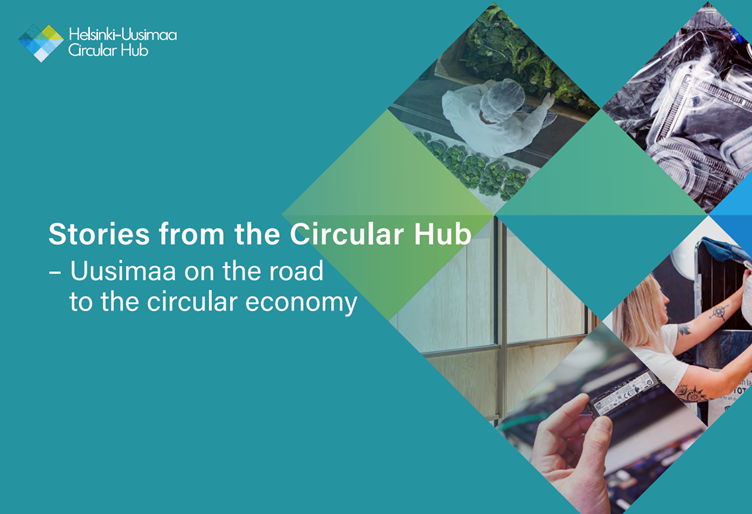Finland continues as the happiest country in the world

For the 7th year in a row, Finland ranks as the happiest country in the world in the UN World Happiness Report 2024. The findings, announced today to mark the UN’s International Day of Happiness, are powered by data from the Gallup World Poll and analysed by some of the world’s leading wellbeing scientists.
Research suggests that Finnish happiness is partly explained by the high levels of trust and freedom in the society, contributing to well-being and productivity. Finland consistently ranks among the best in the world for transparency, safety and the perceived lack of corruption. Trust is embedded in the Finnish society: we tend to trust our neighbors, public officials and government.
Another solution to Finnish happiness is closeness to nature: according to a study by the Finnish Happiness Institute(Will be opened in a new window, You are transferring to another service) (FHI), when asking people living in Finland what makes them happy, proximity to nature and the opportunities it offers for recreation and relaxation are always mentioned. Finland’s low-stress lifestyle nurtures creativity, making it one of the most innovative countries in the world.
Happiness for the young and old
For the first time, the report gives separate rankings by age group, in many cases varying widely from the overall rankings. Lithuania tops the list for children and young people under 30, while Denmark is the world’s happiest nation for those 60 and older.
Those born before 1965 are, on average, happier than those born since 1980.
In comparing generations, those born before 1965 are, on average, happier than those born since 1980. Among Millennials, evaluation of one’s own life drops with each year of age, while among Boomers life satisfaction increases with age.
Nordic happiness
In the overall rankings, the top 10 countries have remained much the same since before COVID. Finland continues at the top, with Denmark now very close, and Iceland at the third place. All five Nordic countries are in the top 10 of happiest countries in the world.
But in the next 10, there is more change, with the transition countries of Eastern Europe rising in happiness, especially Czechia, Lithuania and Slovenia, and partly due to this, Germany has fallen to 24th place in the rankings.
Significantly, the United States of America has fallen out of the top 20 for the first time since the World Happiness Report was first published in 2012, driven by a large drop in the wellbeing of Americans under 30. Afghanistan remains bottom of the overall rankings as the world’s ‘unhappiest’ nation.
Rankings are based on a three-year average of each population’s average assessment of their quality of life. Interdisciplinary experts from the fields of economics, psychology, sociology and beyond then attempt to explain the variations across countries and over time using factors such as GDP, life expectancy, having someone to count on, a sense of freedom, generosity and perceptions of corruption.
The World Happiness Report is a publication of the United Nations, listing the happiest countries in the world annually. Experts use responses from people in more than 140 nations to rank the world’s ‘happiest’ countries. Finland tops the overall list for the seventh successive year.
More information:
Take also a look at these
 News
News
1.7.2025
Helsinki Regional Council committing to green deal agreement: reducing the use of natural resources to the level of 2015
Circular economy is no longer a mere environmental accomplishment - it is also about competitiveness, security of supply and generally, savings. To promote a sustainable resource-wise future, the Helsinki-Uusimaa Regional Council has joined a regional green deal for circular economy. The green deal is a voluntary commitment in which the participating municipalities are offered support for concrete actions and gives them new opportunities to find solutions and start pilot projects.
 News
News
26.6.2025
Stories from the Circular Hub – Helsinki-Uusimaa on the road to circular economy
More and more sectors are now furthering a transition to circular economy. The Helsinki-Uusimaa Circular Hub was an import cooperation platform for circular economy solutions in the Helsinki-Uusimaa Region, founded in 2023. Highlights from the first project years of the Circular Hub have now been put together in the publication Stories from the Circular Hub, raising both the updates of the sectors and the actors of the regional Hub.